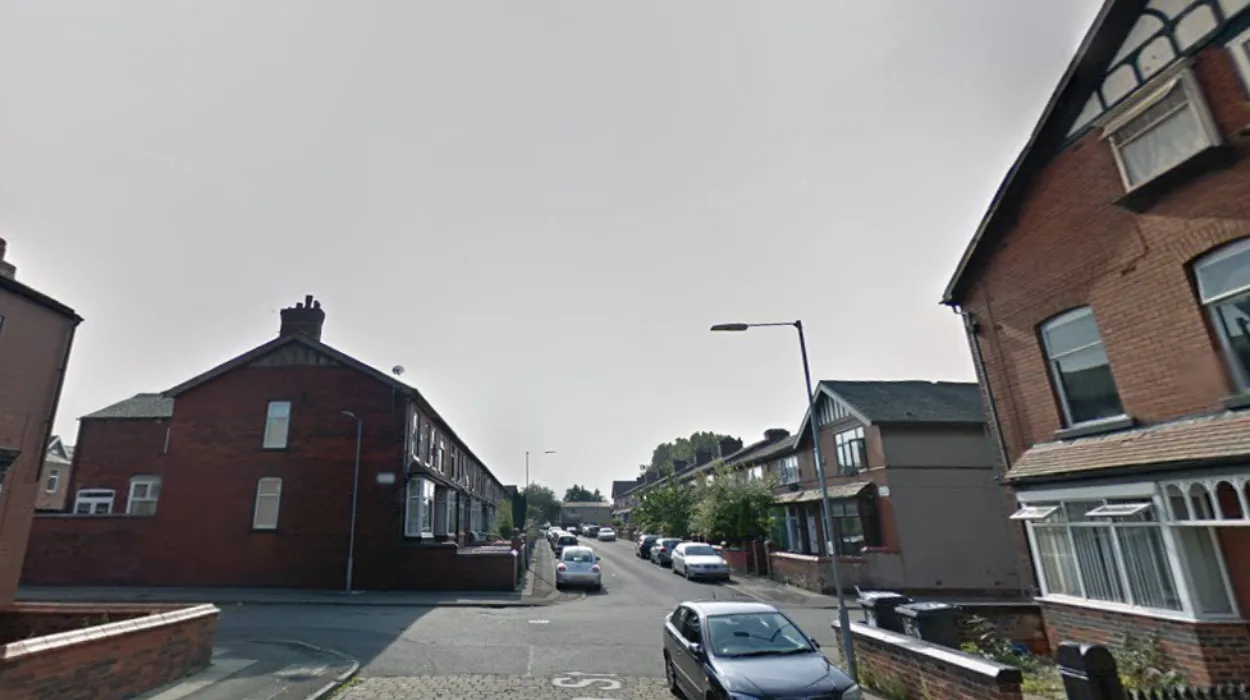Key Points
- · Proposal to convert an existing dwelling on Hilden Street, The Haulgh, Bolton into an 8-bedroom House of Multiple Occupation (HMO) was refused.
- · The plan included a two-storey rear extension, loft conversion, roof lights, and a rear dormer extension.
- · The proposal met bedroom and amenity space standards, and was deemed sustainably located near public transport.
- · One objection was received citing privacy, light loss, noise, disturbance, and incompatibility with neighbouring properties.
- · No objections from Council’s Housing Standards, Highways, or Greater Manchester Police.
- · Crime prevention and management plan conditions were recommended but not required for approval.
- · The council considered the proposal aligned with local housing policy for affordability and supply.
- · Refusal reasons focus on potential negative impact on the character of the area and residential amenity.
What was the proposal for the Hilden Street property?
As reported by John Dupre in the Bolton Council planning documents, the proposal involved the conversion of an existing C3 dwellinghouse into an eight-bedroom House of Multiple Occupation (HMO) classified as Sui Generis use. The plan also included a two-storey rear extension, loft conversion with roof lights, and a rear dormer extension. The extension was designed to be consistent with typical terraced housing, ensuring no undue impact on neighbouring properties' amenities or the building's character.
Why was the plan refused by the council?
According to council planning documents, despite the proposal meeting the council's bedroom and shared amenity space standards and being situated on a main arterial route adjacent to a bus stop, the refusal centred on concerns over the impact on the area's character and residential amenity. One objection from a local resident expressed worries over loss of privacy, light, and anticipated noise and disturbance from the HMO use, which was considered incompatible with neighbouring properties’ character.
How did the council address highway and crime concerns?
The Council’s Highways and Housing Standards teams, along with Greater Manchester Police (GMP), raised no objections to the application. GMP requested conditions for a management and crime prevention plan to be submitted before any occupation, but these were deemed non-essential to making the development acceptable under planning law. The council noted that the property benefits from sustainable transport connections, and HMO residents typically have low car ownership, thereby alleviating highway safety concerns.
What policies and planning standards were relevant?
The council's decision referenced Core Strategy Policy SC1 emphasizing housing delivery and small household provision, alongside JP-H2 on housing affordability. The proposal was consistent with the Nationally Described Space Standards for bedrooms and overall home size. The planning framework aims to increase affordable housing supply to meet population and household growth while ensuring development integrates well within the local environment without undermining community quality of life.
What objections and consultations were recorded?
One formal objection cited concerns about privacy, light loss, noise, disturbance, and disharmony with surrounding properties. Consultation responses from Bolton Metropolitan Borough Council’s highways, environmental health, and housing standards teams reported no objections. GMP's comments aligned with crime prevention policies but did not block the application. Councillor Donaghy requested the application be heard by the Planning Committee.
Is there an appeal option for the applicant?
The applicant retains the right to appeal the council's decision to the Secretary of State, as noted in similar cases reported elsewhere. The planning authority’s report highlighted that although objections were taken seriously, they did not outweigh planning policies favouring affordable housing supply and sustainable development.
